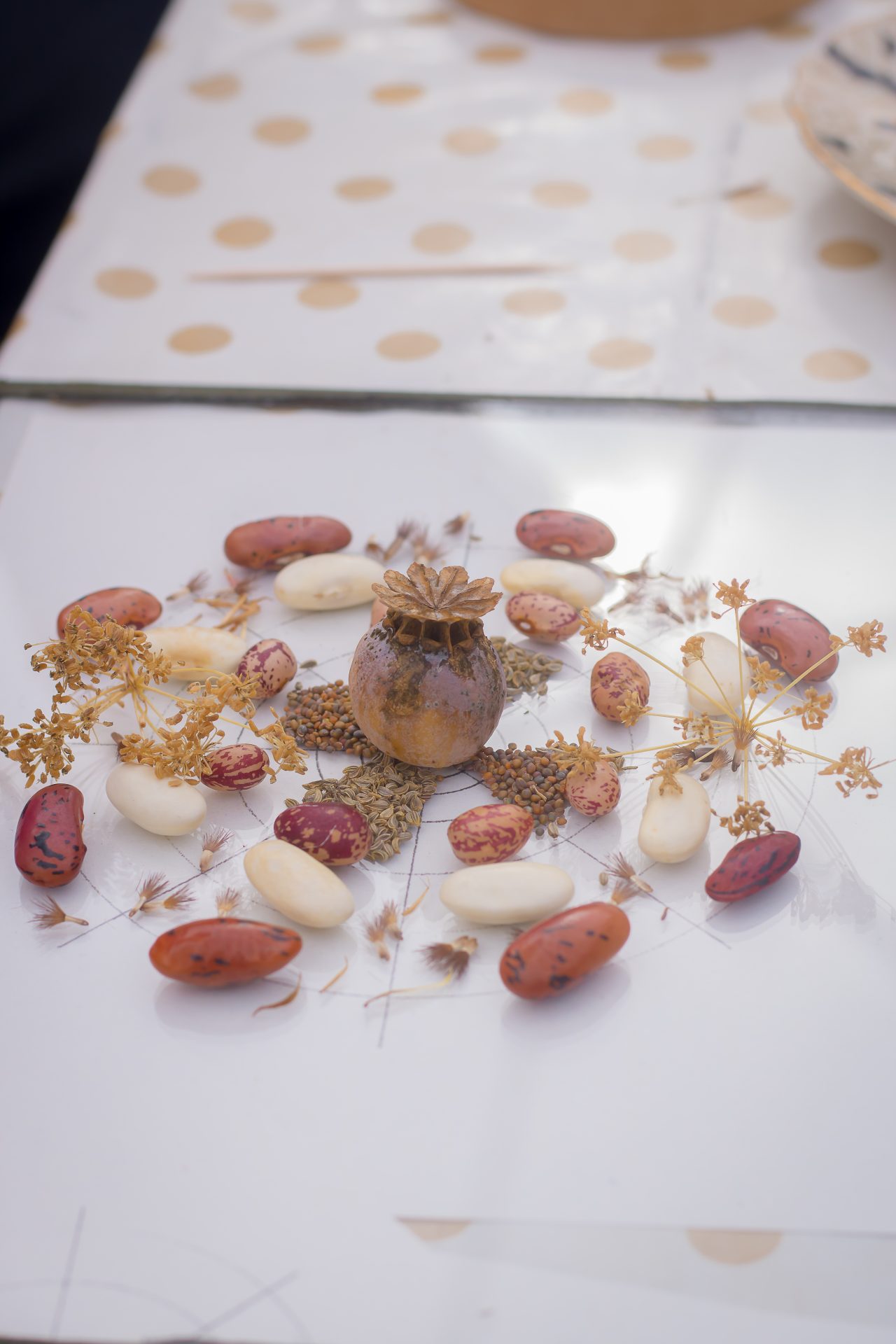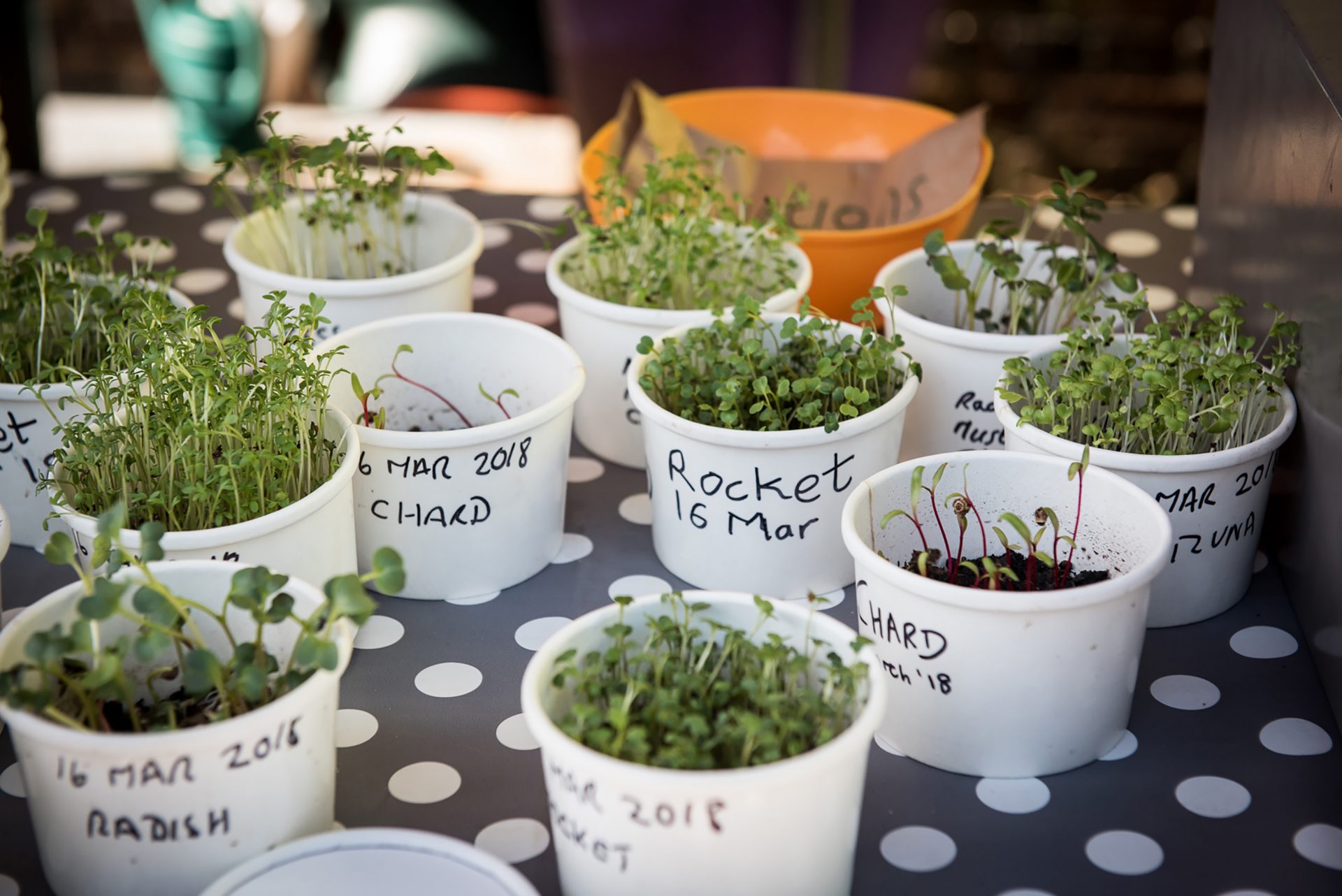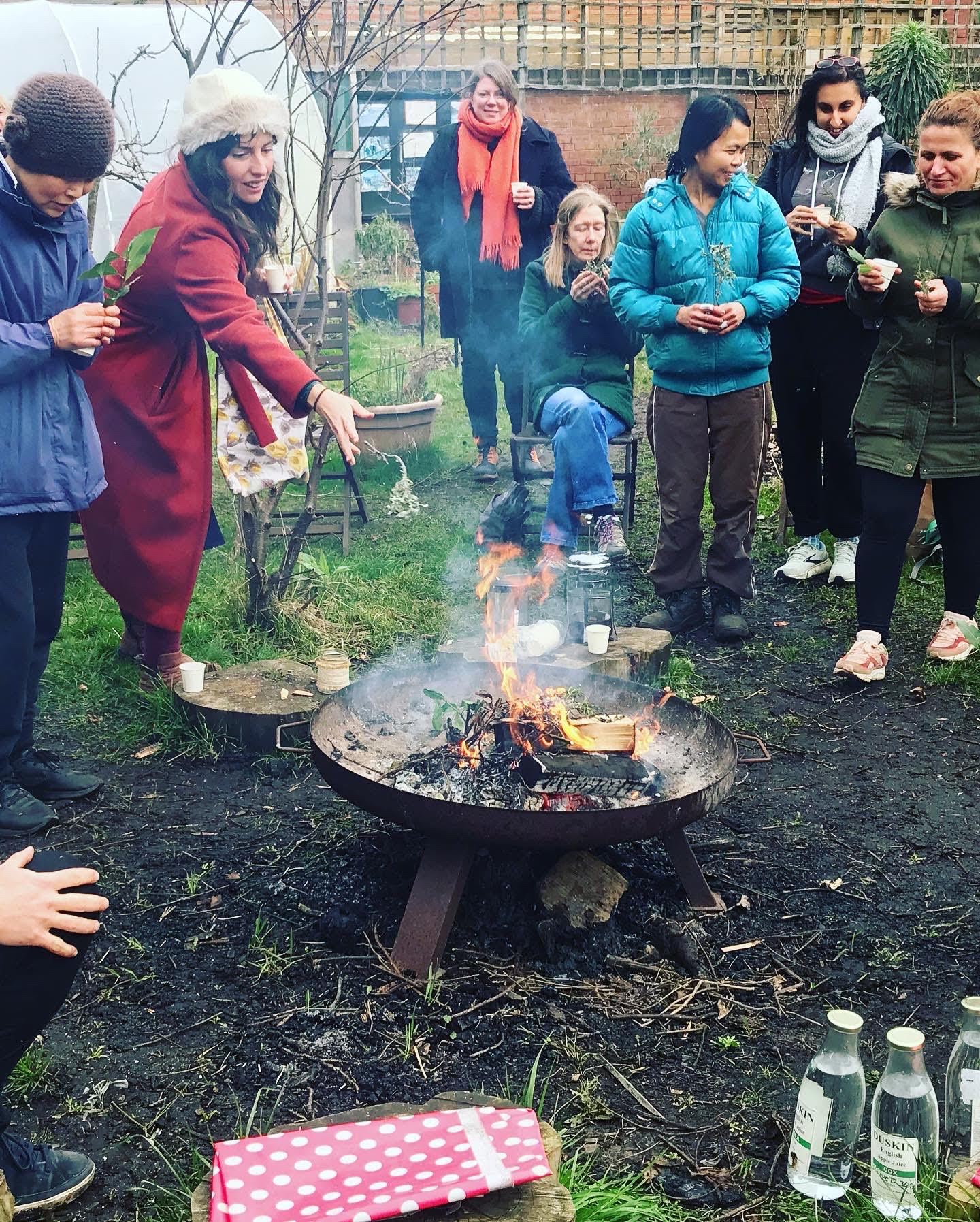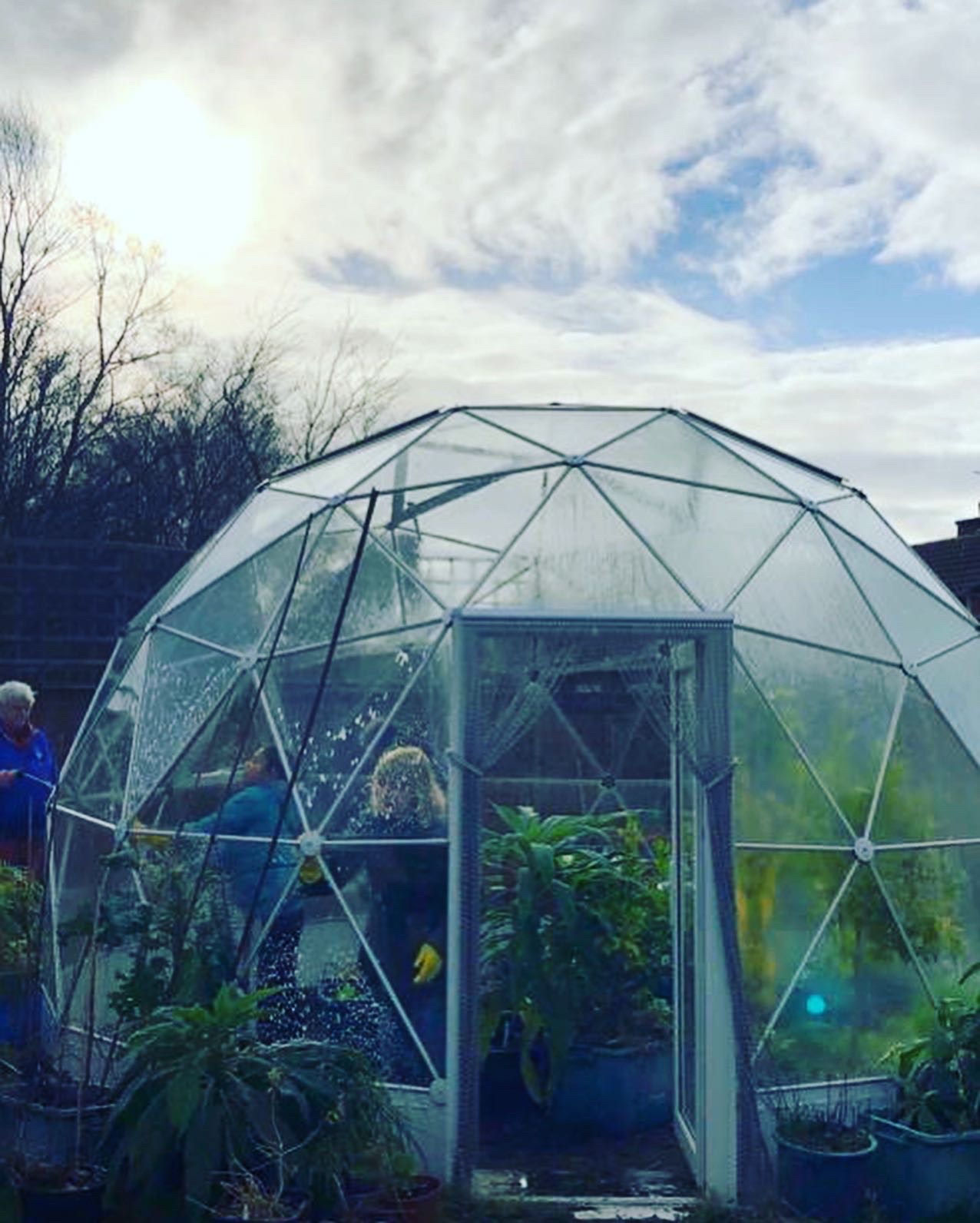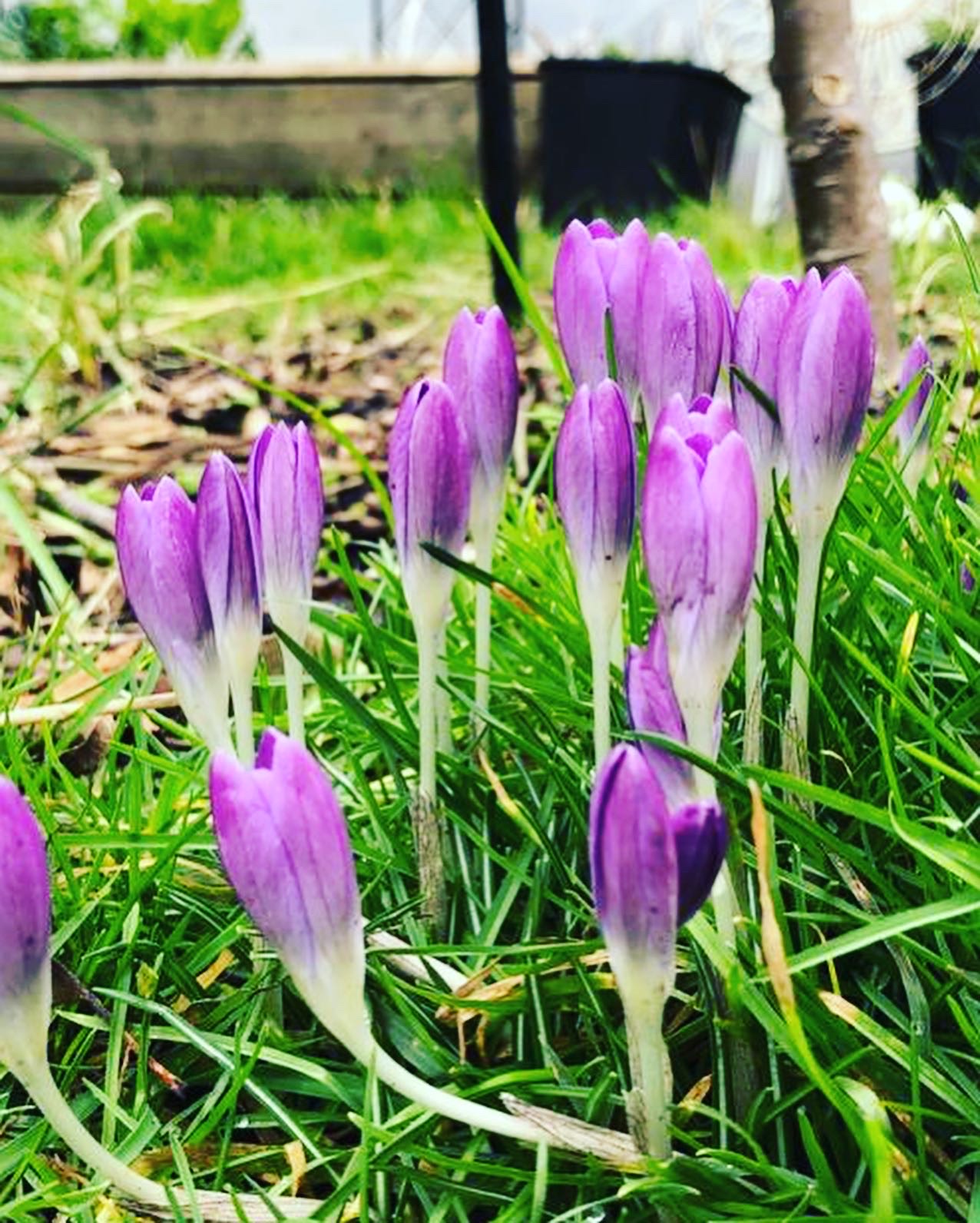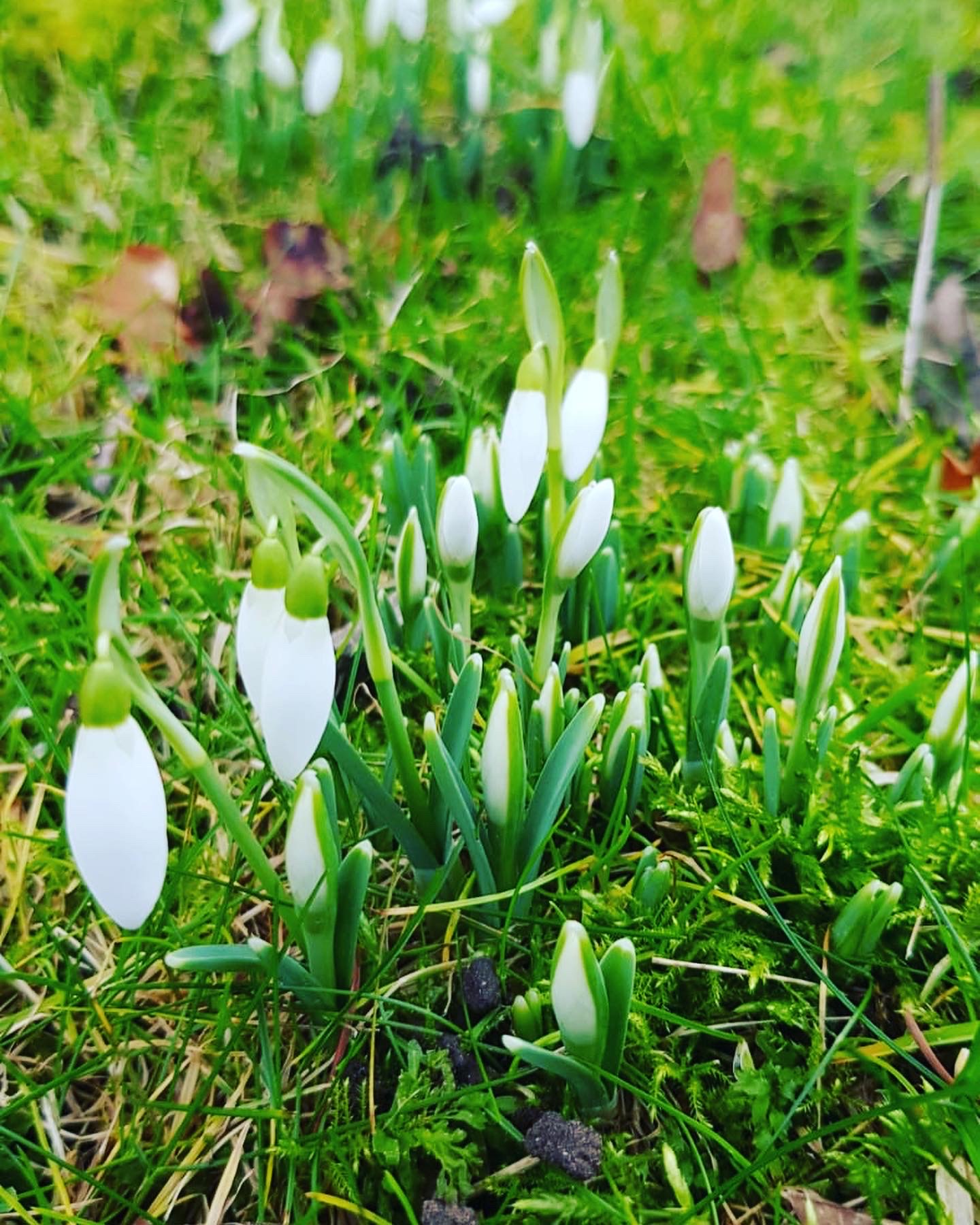IMBOLC
WEDNESDAY 31ST JANUARY 12 NOON – 2PM
at the Grapes Community Food Garden
Come by and help celebrate Imbolc, the Celtic/Gaelic marking of the coming of spring. This is the first festival of the 8-fold year of 2024. See more info on Imbolc below.
For our annual celebration, we invite you to join local gardeners & cooks to;
- help bless the garden and looking ahead to the growing year
- write spring affirmations and share rituals at the altar
- imbibe fire cider
- share delicious, hearty, warming dishes
- plant up onions, garlic and broad beans; some of the earliest veg we can sow in the year
- join in our bean dance
- reflect together around the fire about winter challenges and hope for the coming spring
- listen to early spring music
Imbolc, in the Celtic seasonal calendar marks the beginning of the lambing season and signals the start of spring and the stirrings of new life.
It is time for us to let go of the past and look to the future, cleansing out the old, making both outer and inner space for new beginnings. It is a good time for wish-making or making a dedication. – The Goddess & The Green Man.
The wheel has turned once more, returning us to a time of hope and new beginnings. Be thankful for the ever-increasing warmth and light as we leave behind the cold, dark, stillness of winter. – Almanac, Anne Marie Lagram.
In between the middle of the Winter Solstice and the Spring Equinox lies the Celtic festival of Imbolc. Dating back to pre-Christian times, Imbolc celebrations revolved around the Goddess Brigid. Ancient Celtic mythology explains that she was born with a flame in her head and immediately drank the milk of a mystical cow upon birth, which is where her common symbols of a flame and dairy originated from. She also represents fertility, and many women would travel to her sacred wells (the most popular one in Kildare, Ireland) to drink their water in hopes of conceiving shortly after. During Imbolc celebrations, those celebrating would light bonfires and make dairy-rich meals in honor of Brigid.
Now, Imbolc coincides with Saint Brigid’s feast day. Historians have shown that when Christianity was spreading throughout Ireland, the church was having a difficult time convincing pagans to let go of their gods and goddesses. Thus, Brigid was “reborn” into Saint Brigid, and her representations (i.e., fertility, the flame, and dairy farmers) were kept the same. – Marisa, Herbstalk
Read more about Goddess Brigid here.
